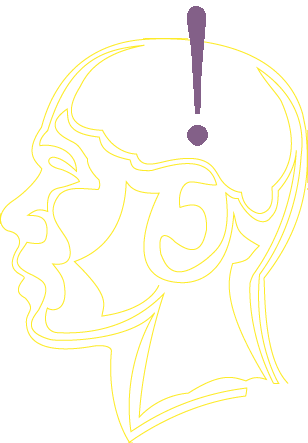

2010 2011 2012 2013 2014 2015 2016 2017 2018 2019 2020
Author(s): Angel Yebra
Presentation: poster
The overconfidence effect can be found in situations where low-ability performers overestimate their performance, and high-ability performers tend to humbly asses themselves. The false consensus effect is the tendency for people to believe that others hold the same beliefs, opinions, and abilities that they do. The present study examines the relationship between these two cognitive biases in the domain of logic. Participants were asked to complete a 6 question logical reasoning test, where actual performance was compared to perceived performance. It was hypothesized that those who did poorly on the logic test would report an inflated perception of the number of questions they answered correctly, and those who did well would score themselves modestly. Further, I expected to find a false consensus effect, where participants would report their performance as being the same as others taking the same test, whether it was inflated or modest. Exploring these biases is important to understanding common thinking errors, possible self-evaluation discrepancies, and eventually learning how to avoid them in decision making.
The College of Idaho 2112 Cleveland Blvd Caldwell, ID 8360 USA 208-459-5011 800-2C-IDAHO